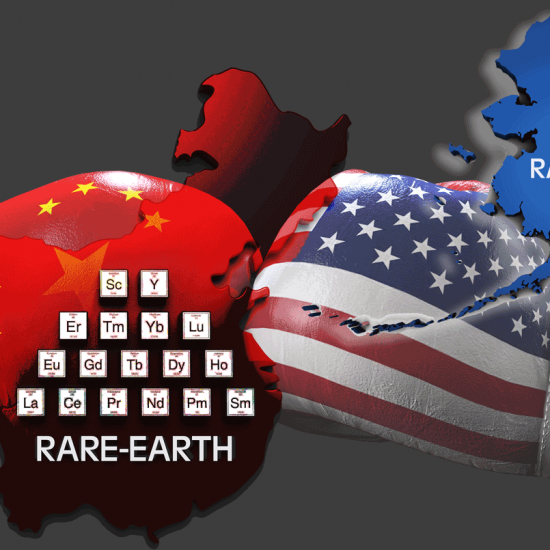The North Slope of Alaska is a hostile place for a little girl and her animal companion. In Never Alone, they’ll have to wade through fierce blizzards, avoid polar bears, and outrun mischievous spirits. The real-world stakes of their adventures, however, are even more pressing. Resting on their shoulders (and on the team of developers and Alaska Native elders who worked on the game) is the potential success of a new genre: world games.
According to Never Alone creator E-Line Media, world games celebrate the unique stories and perspectives of indigenous cultures. But the company doesn’t want you to think of these merely as educational games. It wants to create entertaining experiences that can compete with other games while also raising awareness of underrepresented communities. E-Line Media also looked at indie hits like Journey and Braid as proof that smaller games with new voices and innovative gameplay can succeed.
The tale of Nuna and her mystical white fox is the first result of that experiment. Out on Nov. 18 for PlayStation 4, Xbox One, and PC, Never Alone is a 2D puzzle-solving and platforming game based on a story passed down through multiple generations in the Alaska Native Iñupiat culture (you can read more about the culture’s close relationship with E-Line Media here).
“A lot of people feel like digital media and video games have distanced youth and young adults from their culture, their language, and their heritage,” said E-Line Media president Alan Gershenfeld. “Why not use this incredibly powerful medium to reconnect youth in a really playful, fun, and engaging way? With not only other cultures, languages, and heritages, but with their own culture, language, and heritage. And that’s kind of the world games thesis.”
The idea for Never Alone came from the Cook Inlet Tribal Council (CITC), a nonprofit organization that provides social, educational, and employment services for Alaska Natives living in the Cook Inlet region. But when it approached E-Line Media about making the game, Gershenfeld said that they initially tried to talk CITC out of it. Game development is a risky and expensive process even for established developers, let alone for a group who has never made a game before. See Full Story at VentureBeat.com
Image credit VentureBeat.com











